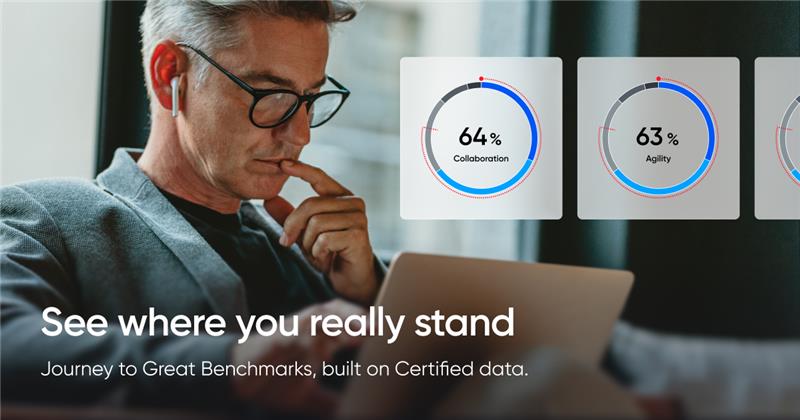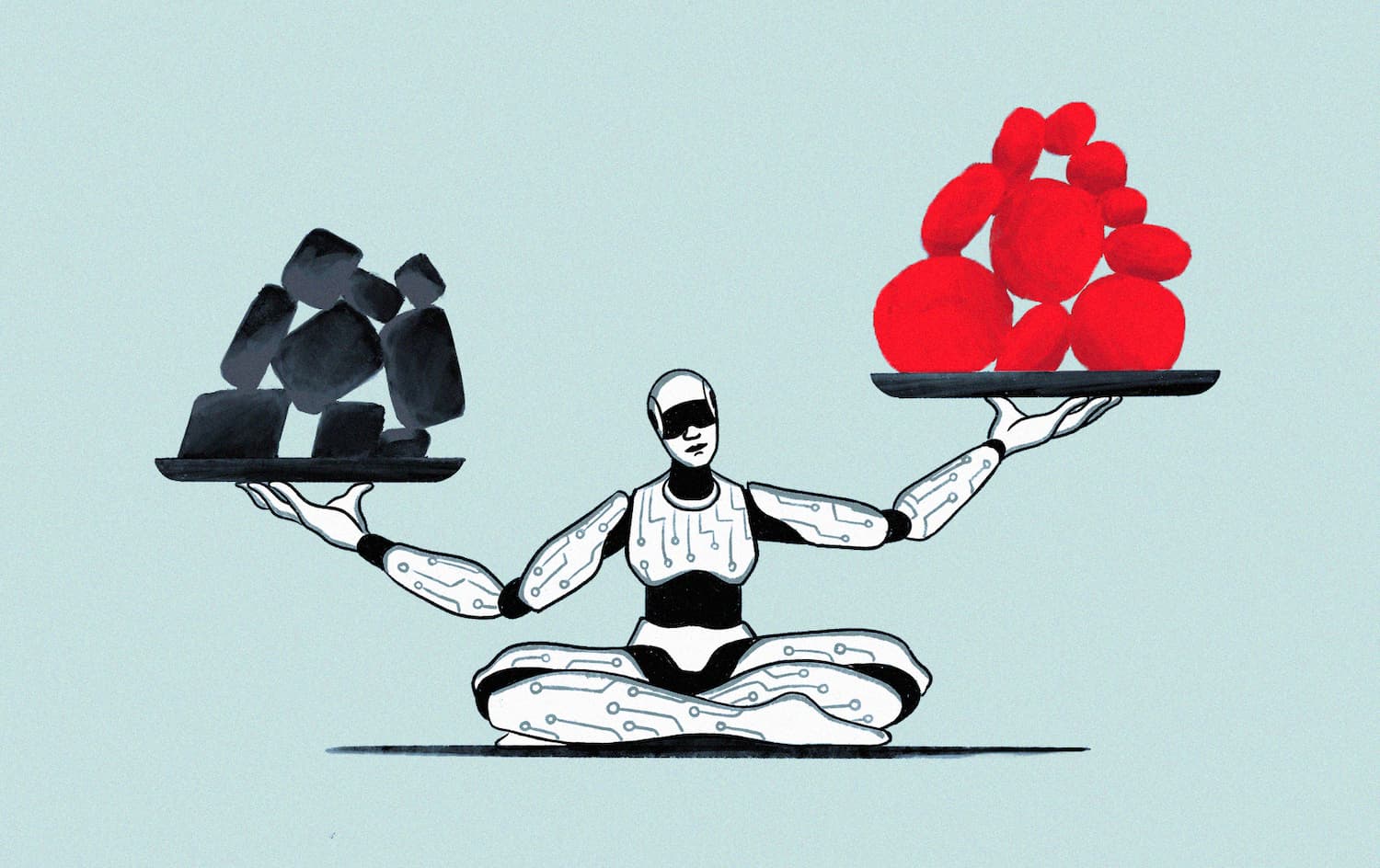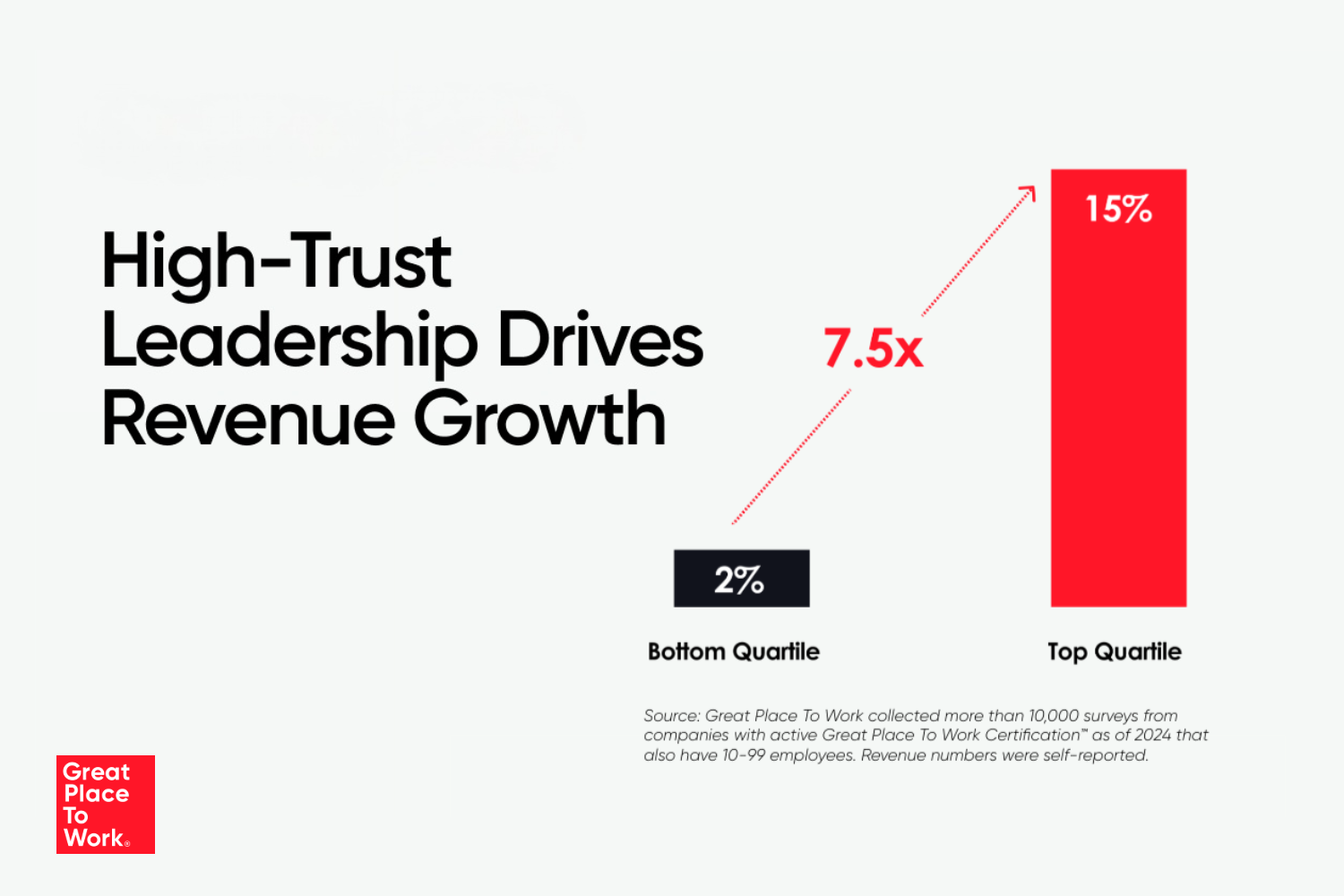Diversity & Inclusion, Equity, Talent Acquisition
A look at how generative artificial intelligence (AI) affects recruitment, talent development, and other HR duties.
ChatGPT is inescapable, developing rapidly, and gaining steam as its impact on how we do our jobs unfolds in real time.
The ways it can streamline an HR pro’s job appear endless, with the biggest and most immediate impact happening on the recruiting side of HR.
“Your imagination is the limit really of what it can do,” says Kevin Wheeler, founder and president of The Future of Talent Institute. “That’s why Microsoft is investing millions of dollars in OpenAI ChatGPT, and pretty much every recruiting company is already in the process of negotiating, or already signed, a contract with them.”
When it comes to recruiting, ChatGPT can help sift through resumes, communicate with job candidates, and write interview questions and job descriptions.
“One of the things that recruiters and hiring managers aren’t very good at is writing engaging job descriptions,” Wheeler says. “They’re usually really boring, so they’re already using it for that quite a bit.”
But no matter how well-written a job description is, it’s what happens after someone applies where ChatGPT might make a significant difference.
“We know there’s a lot of bias in resumes — no question about that — and I’m not sure that ChatGPT will be any better at it than humans are, but I think some of the algorithms may ultimately become more discriminating, [and] I mean that in a positive way.”
ChatGPT can be asked to look at the skills a candidate offers and not the name, he says.
“We know already that if you submit two CVs — with one with an African American name and one with a European name — the European name will almost always get preferred treatment,” Wheeler says. “If you could strip those names off the CVs, that would make it less biased.”
According to a recent Pew study, 41% of Americans are against AI being used to review job applications, 71% are opposed to it making final hiring decisions, and 62% believe AI will affect hiring and recruiting over the next 20 years.
Earlier this year, the U.S. Equal Employment Opportunity Commission (EEOC) held a public hearing where they “discussed ways in which AI and automated systems in the workplace might support or hinder diversity, equity, inclusion, and accessibility (DEIA) efforts.”
Accuracy is a concern among many.
“Sometimes humans allow their biases (even unconscious biases) to seep into their decision-making,” says Joe Atkinson, chief products & technology officer at PwC, who points out the data generative AI pulls from “are relying on pools of data that may, unfortunately, reflect or incorporate those biases because they’re made up in large part by the outcomes of countless human decisions and actions.”
Wheeler agrees “there’s been some colossal mistakes made with algorithms,” pointing to Workday and Amazon, who used an algorithm to screen new hires and inadvertently eliminated all women.
“The reason was that AI is based on historical data, and so the AI researched all the historical data of all the hires in Amazon in one particular area, technology, and the vast majority of hires were men,” Wheeler says. “So it made an assumption that it only wanted to hire men.”
"Yes, it will take some jobs, but we will continue to need that HR professional role in potentially expanded or different kinds of work.” - Kevin Wheeler
Learning & development
Another way ChatGPT might help create equity in the workplace is around fair pay and promotions — key ingredients to building great cultures.
“How might ChatGPT be able to do more of the analytics associated with who’s getting promoted and how long they stay, and what our pay levels are,” says Tracy Brower, Ph.D., sociologist and author of “The Secrets to Happiness at Work.”
“ChatGPT might be able to do analytics and interpretation on the big data for our organization, but the HR pro needs to think about what questions we should be asking," she says.
It can also help with learning and development for employees.
AI can look inside a company to find employees with skills needed for new roles and provide them with opportunities they may not have had. If you’re looking for a new marketing hire, for instance, you might find someone who has writing skills who you weren’t previously aware of.
“It’s looking at parallel skills,” Wheeler says. “What things could you do, even though you don’t do them now, that your skills might match for?”
Reejig uses its own AI technology to create software that will scan your employees for skills to help your internal mobility efforts and reskill or upskill talent.
“They’re becoming very popular for internal mobility,” Wheeler says.
Increased efficiency
ChatGPT can be used to improve efficiency on HR teams by automating routine tasks like writing procedure and policy manuals, and FAQs to free you up to be more creative, innovative, and strategic.
“Offloading lower value tasks and freeing up time to do more high-impact work,” says Joe Atkinson says, “will create opportunities to completely reimagine how employees are supported.”
The technology can address some of the more routine and basic employee requests, which will reduce employee frustration by creating a sense of empowerment for employees to quickly obtain the answers they need, he says.
The technology can also help onboard new employees by sending out routine communications before they start, and help answer common questions they have about the company, the CEO, the organizational chart, or internal handbook, Wheeler says.
While an HR pro is needed to personalize the content, “the big advantage is it gives you a template to start with,” Wheeler says.
“It solves the blank page problem,” Brower agrees. “It starts you, but HR pros have a critical role to play in looking for nuance, and figuring out through editing what’s best for their culture, and how they can best communicate all of that, and how it’s best positioned,”
While ChatGPT can help HR teams be more efficient, there are concerns around it replacing humans and eliminating jobs.
“I think that’s the scary thing,” Brower says. “If I spend a lot of time writing job descriptions and you’re telling me I don’t have to do that anymore, what am I going to do instead? I think we need to be reassuring people and upskilling them, and preparing them for that next thing that they may not already be doing today.”
If routine tasks are offloaded to ChatGPT, “then those people could be doing more coaching with leaders instead, talent strategy work, or coming up with new and creative ideas for hiring because the talent shortage is here to stay for the next seven to 10 years, according to economists” Brower says.
The World Economic Forum has estimated that AI will replace 85 million jobs by 2025, but create 97 million new jobs—a net increase of 13 million. Some of those jobs might be learning how to use ChatGPT, which has become an in-demand skill, according to 90% of U.S. business leaders who said ChatGPT is a beneficial skill for job seekers.
ChatGPT is like the bulldozer was to road construction, Wheeler says. It wiped out thousands of jobs, but it also created new jobs.
“All the guys with shovels, some of them learned to drive bulldozers, some learned to do other skills that were in that field, and I think the same thing is going to happen in recruiting,” he says. "Yes, it will take some jobs, but we will continue to need that HR professional role in potentially expanded or different kinds of work.”
Atkinson says we’re far away from the day that any technology — including generative AI — can fully replace a human being.
“We will continue to see expanded use cases for which Generative AI can lend a hand, but in a world where employers are still competing to attract and retain the best talent, sustaining the human connection — particularly with HR — is likely to be more important in the future, not less.”
Build a better workforce
Get started with Certification™ to get the data on how employees feel about their ability to grow and develop within your organization.











